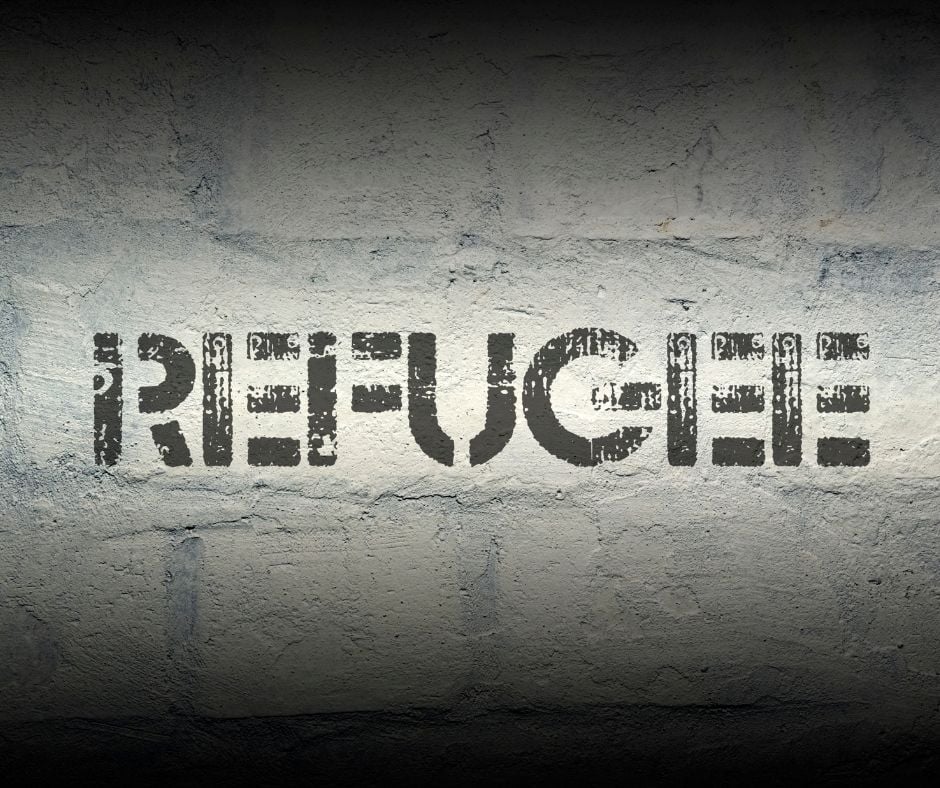Deadline: 31-Aug-2025
United Nations High Commissioner for Refugees has launched a call for expressions of interest to partner in Camp Coordination and Camp Management (CCCM) for Rohingya refugees in Bangladesh, with the project implementation set to begin in January 2026.
By the end of 2029, forcibly displaced people live in safe and healthy environments, are meaningfully engaged in service delivery to their own communities and have an increased capacity to adapt to and recover from disasters. Access to physically safe and secure settlements applying integrated settlement planning approach wherever possible. Camp Coordination and Camp Management refined and improved. Emergency Preparedness and Response (EPR) – Risk of disasters reduced and mitigated. Environment – Natural resources and shared environment better protected.
The CCCM initiative is designed to strengthen the Government of Bangladesh’s leadership and coordination of services and infrastructure in refugee camps. UNHCR and its partners aim to improve camp management by supporting the development of sustainable systems through capacity sharing with government officials, particularly Camp-in-Charge (CiC) personnel. The initiative also prioritizes community participation and the meaningful engagement of refugees in decisions affecting their lives, fostering accountability and local ownership.
The approach emphasizes a community-based framework, encouraging refugees to take an active role in camp governance and emergency response. Refugee volunteer groups, particularly in emergency preparedness, will be trained in cyclone preparedness, fire safety, first aid, and water and flood response. These groups will also play a central role in addressing Human-Elephant Conflict through established Elephant Response Teams and Watch Towers, using data collected over seven years to guide deployment and planning.
Activities under this initiative will focus on refining coordination mechanisms, improving service delivery monitoring, facilitating inclusive governance structures, and conducting regular community consultations. In terms of disaster risk reduction, the programme includes small-scale infrastructure interventions to mitigate the impact of natural hazards, as well as community-led environmental protection and stream rehabilitation efforts.
Drain management and solid waste interventions will enhance living conditions and promote community ownership. In this regard, projects such as SuLMER stream rehabilitation will use nature-based solutions like riparian tree planting and homestead gardening to strengthen ecosystems and reduce hazard risks, while also fostering cooperation between refugee and host communities.
The programme’s environmental component addresses Human-Elephant Conflict by deploying trained refugee teams and establishing watch towers, along with supporting wildlife rescue operations in partnership with relevant authorities. These efforts align with broader sustainability and protection goals under UNHCR’s strategic framework.
Interested organisations must demonstrate technical capacity, sector expertise, project management systems, local presence, and cost effectiveness. The application deadline is August 31, 2025, with implementation beginning on January 1, 2026 and running through December 31, 2029.
For more information, visit UN Partner Portal.
